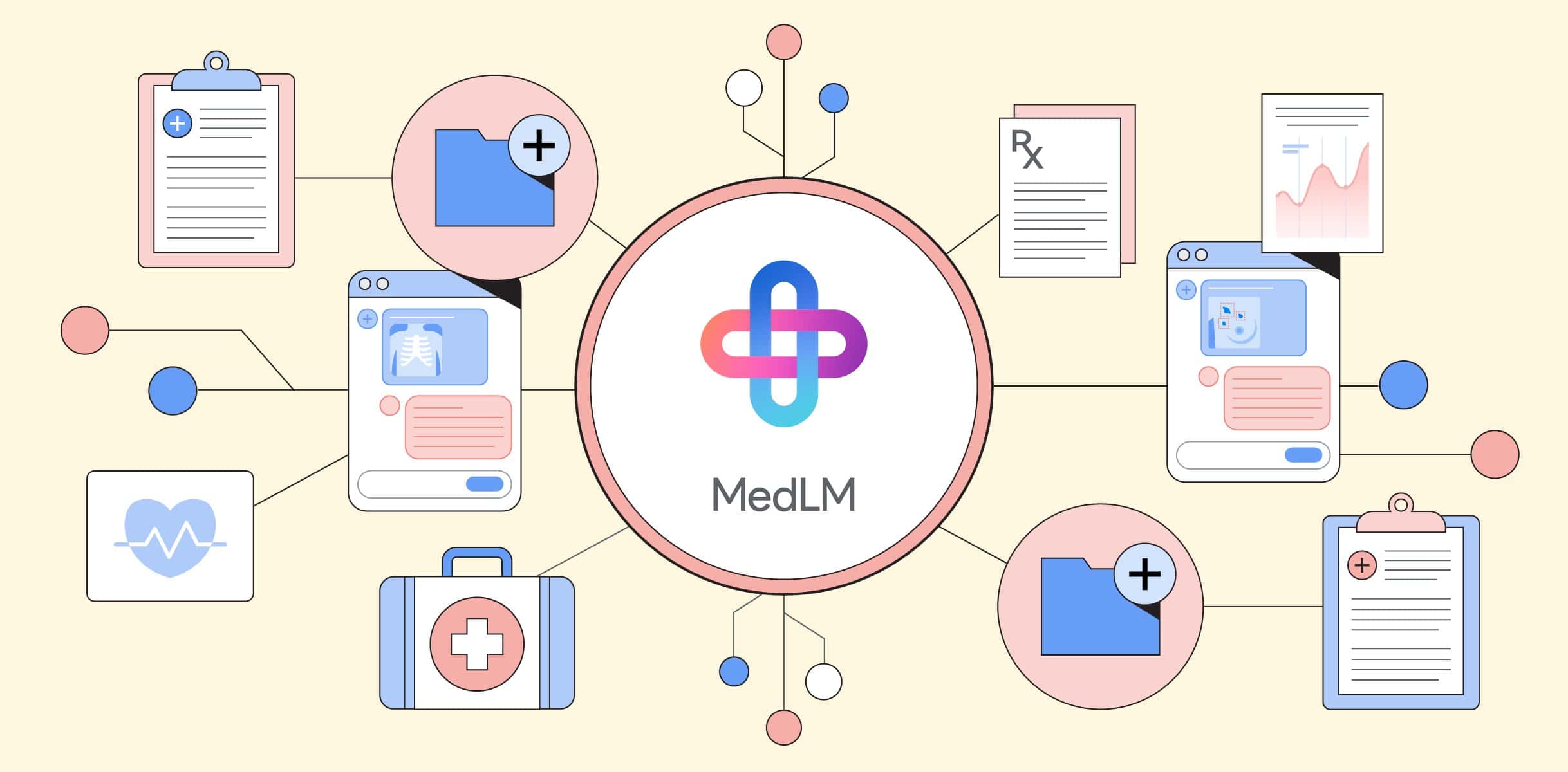
There are already plenty of tools that help with making choices in everyday life. Google Maps provides directions for the best route and Spotify offers suggestions of music to listen to. Even in the medical world, systems are being developed that support healthcare providers in the decisions they have to make.
Doctors and nurses constantly make important decisions for seriously ill patients. When they choose the right treatment, patients can recover faster and the risk of dying is reduced. Medical guidelines and checklists already exist that should help caregivers with this. But in reality, these do not always work in practice. Precisely because they have to make quick choices, medical staff do not have the time to delve into these guidelines. A checklist also often fails to help because these tend to be rather general.
Tracebook
Ashley De Bie and Shan Nan of Eindhoven University of Technology (TU/e) in the Netherlands have developed a digital tool for healthcare professionals together with the Catharina Hospital. TraceBook collects data from various systems (pharmacies, lab results, and medical data) and formulates personalized advice that is tailored to the patient’s situation.
TraceBook works on phones, tablets, and laptops. With the help of algorithms, the tool analyzes the patient’s data and provides scientifically substantiated advice to healthcare providers. The healthcare provider can see how TraceBook has come up with the advice so that they can make adjustments themselves when results change.
Research
De Bie is an internist-intensive care specialist in training and has tested the tool in the IC unit of the Catharina Hospital. He used the standard paper checklist and the tool on a total of more than 400 patients so that they could be compared.
This research revealed that TraceBook works better than the standard checklist. Healthcare providers overlooked crucial information far less and were better able to assess which examination or treatment was needed. Patients spent less time in the hospital. Their level of pain decreased because more painkillers could be prescribed and less (unnecessary) antibiotics were used.
TraceBook is now also being put to the test in a military hospital in China. According to researcher Shan Nan, their experiences are also positive over there.
Future
Results from the current studies will be used to further develop the tool. The addition of machine learning and text analysis is also being considered so that the tool itself can be responsive to available data. User-friendliness will be further improved as well.
The research is an initiative of e/MTIC. This is a partnership between the TU/e, the Catharina Hospital, the Maxima Medical Center and Phillips, and Brainbridge 2. Brainbridge 2 is a collaboration between TU/e and Zhejiang University in China.
The goal of e/MTIC is to work together to speed up the adoption of new solutions in healthcare. TraceBook is a good example of this; several companies and hospitals have already shown interest in the tool.
Also interesting:
Virtual playground supports recovery of children in hospitals’








